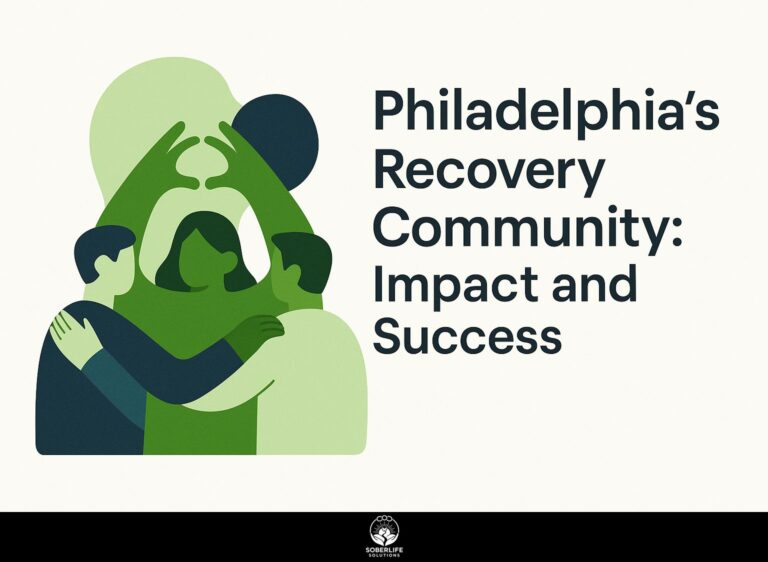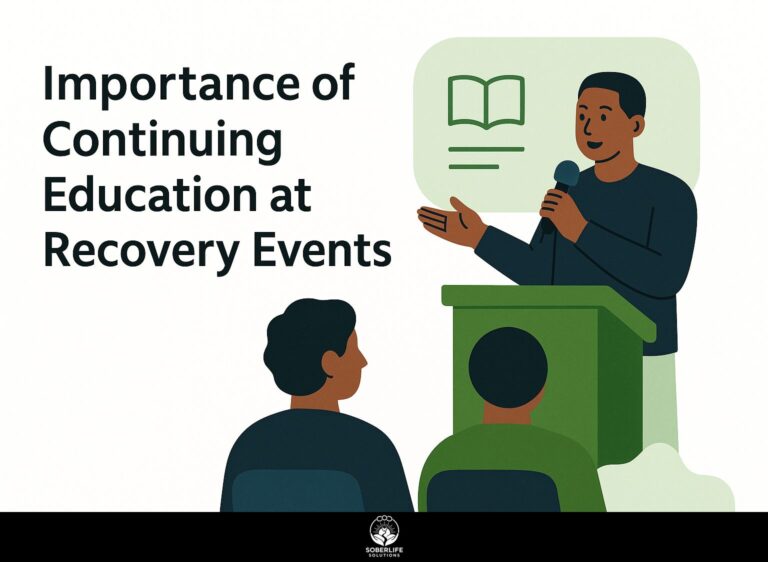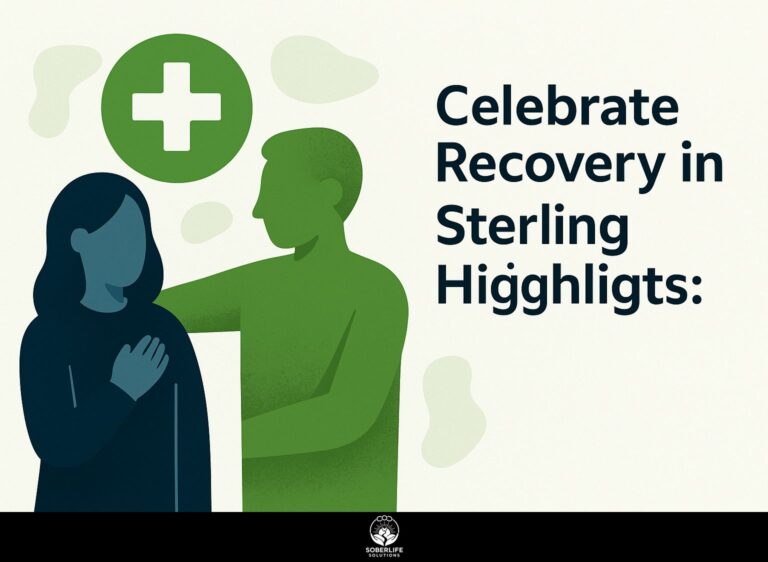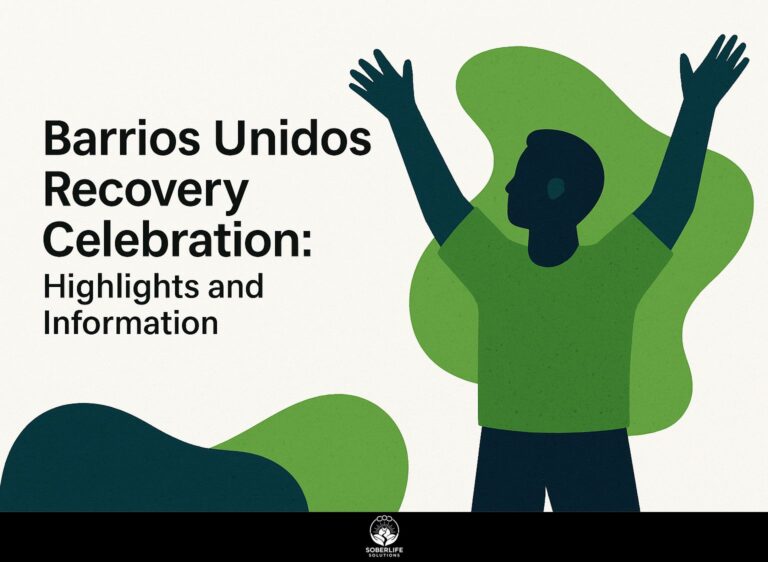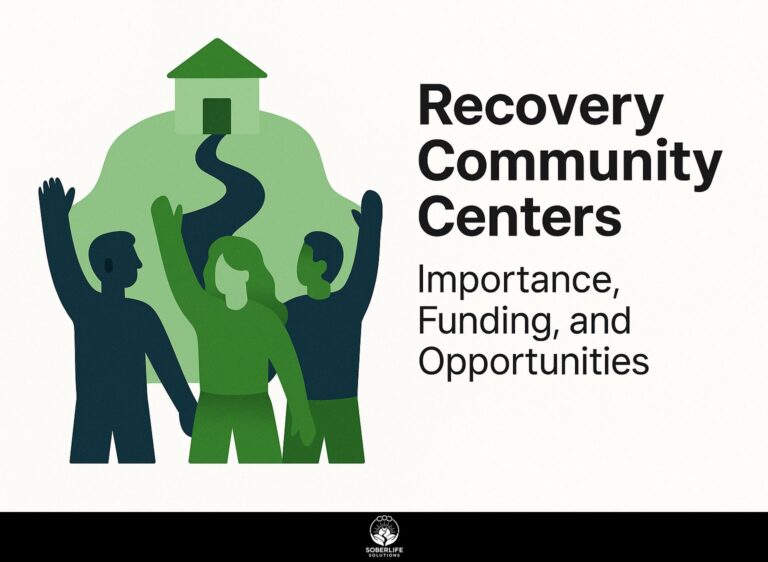How to Connect with DBHIDS Behavioral Health Initiatives
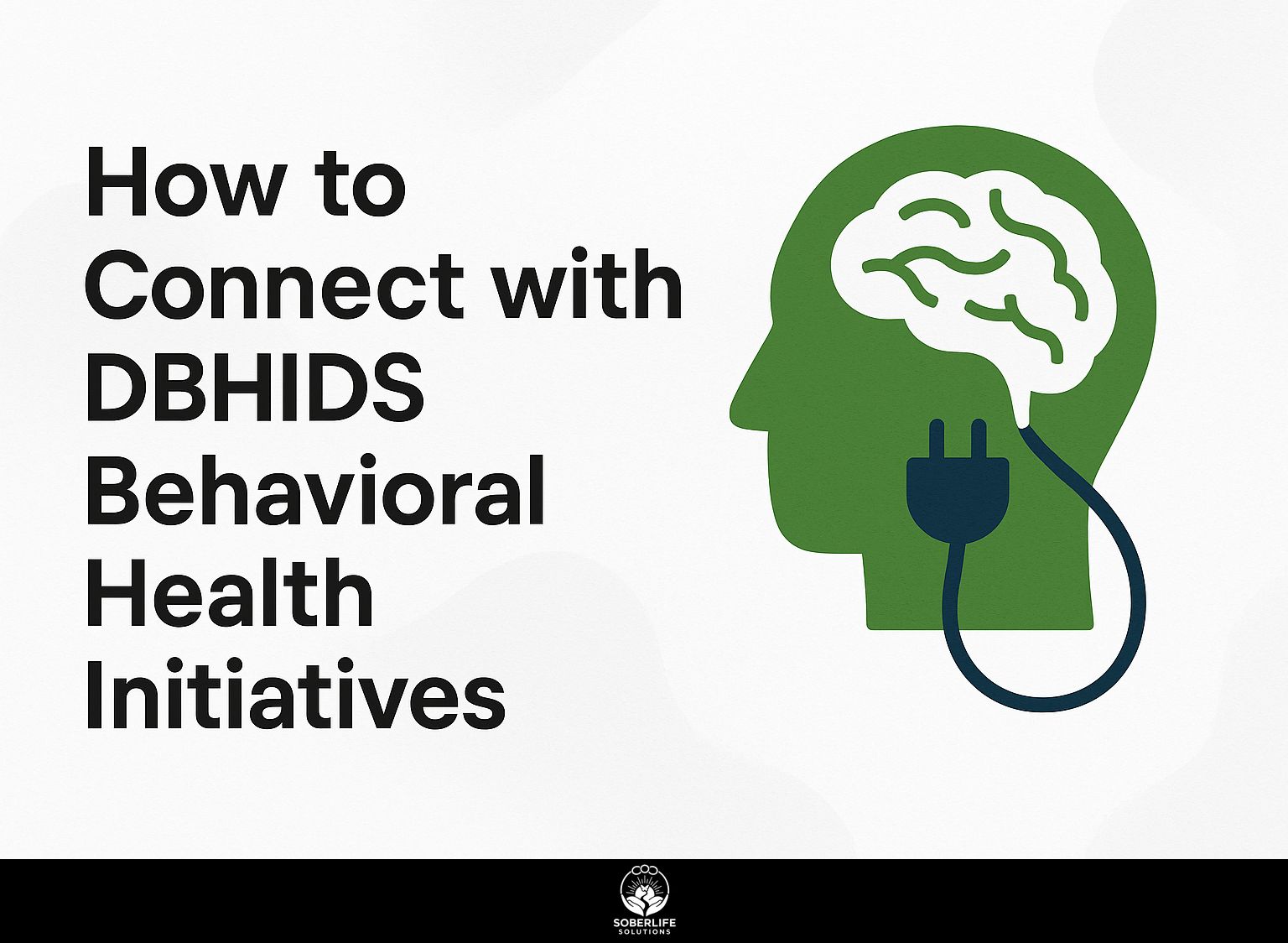
In Philadelphia’s communities, reaching out to DBHIDS behavioral health initiatives provides important support for mental illness and intellectual disabilities. The Department of Behavioral Health and Intellectual disAbility Services (DBHIDS) partners with the Philadelphia School District to deliver innovative programs addressing these challenges. Learn clear steps, from ways to reach people to teaming up with others and helping out, that help you take part well and create real change.
Key Takeaways:
–
–
–
Understanding DBHIDS
The Department of Behavioral Health and Intellectual disAbility Services (DBHIDS) in Philadelphia serves over 100,000 residents annually through integrated programs led by Commissioner Donna E.M. Bailey.
DBHIDS’s mission is to provide full services focused on recovery that support health and community involvement for people with behavioral health needs and intellectual disabilities, including initiatives like the Healthy Minds Philly Support Groups: Activities that foster engagement and recovery.
Structured into key divisions like the Behavioral Health Division, which oversees mental health and substance use programs, and the Division of Intellectual disAbility Services, focusing on support for developmental needs, the department operates under Chief Officer Kleckner J. Charles.
With Philadelphia’s 2023 budget allocating $1.2 billion to behavioral health, DBHIDS addresses a crisis where SAMHSA’s 2023 NSDUH Detailed Tables indicate 1 in 5 adults in the city experience mental illness, reducing hospitalizations by 15% through crisis intervention and outpatient care initiatives.
Overview of Behavioral Health Initiatives
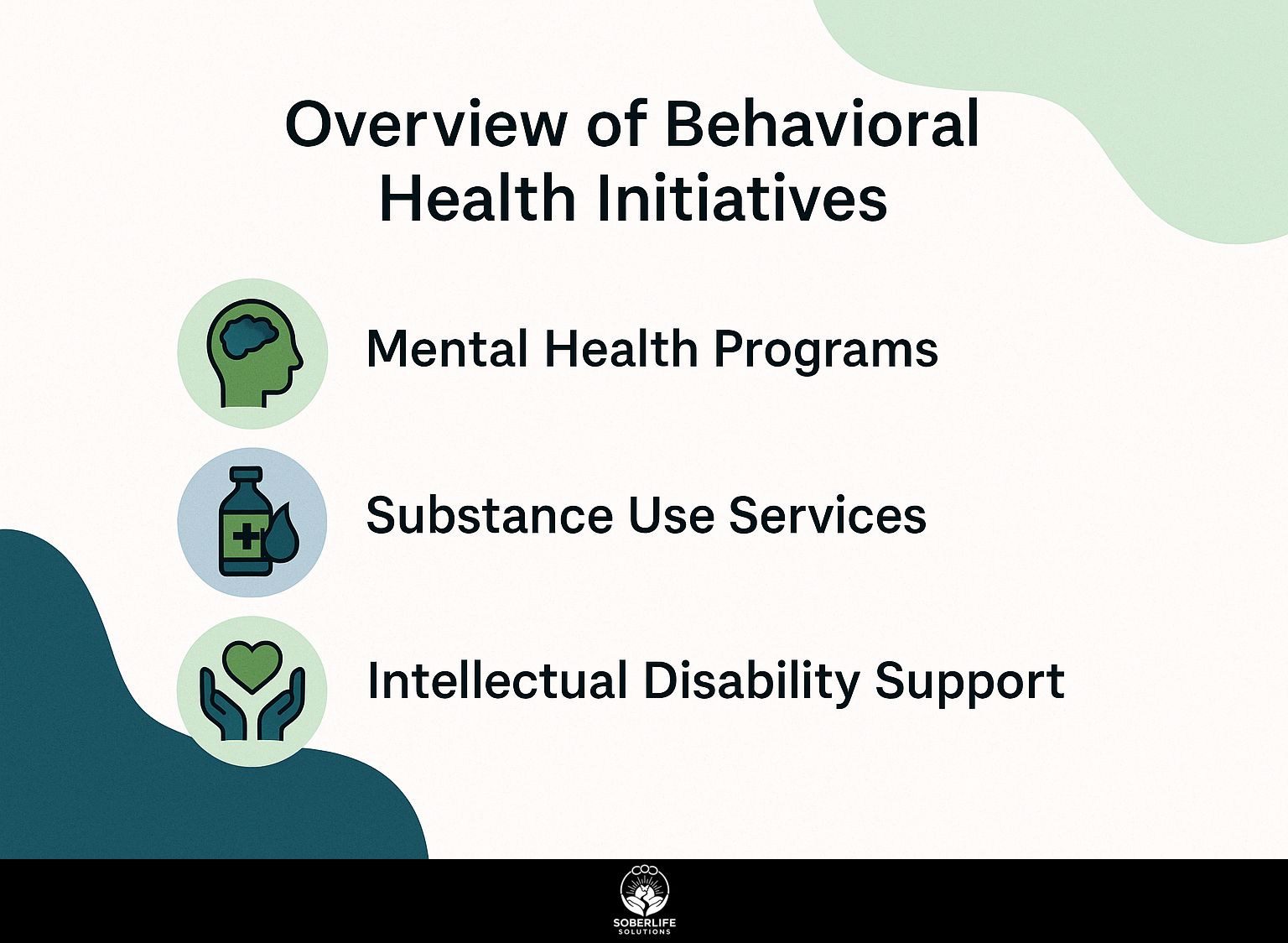
DBHIDS drives Philadelphia’s behavioral health initiatives, reaching 75,000 individuals yearly via evidence-based programs (such as the Healthy Minds Philly support groups activities) that emphasize trauma-informed care and equity.
Mental Health Programs
DBHIDS’s mental health programs, including trauma-focused cognitive behavioral therapy (TF-CBT), have helped 10,000 Philadelphia youth since 2015. According to research published in JAMA Pediatrics, TF-CBT effectively reduces PTSD symptoms by up to 40%, aligning with findings from National Child Traumatic Stress Network studies.
Access these resources to support mental health:
- Philadelphia Crisis Line: Dial 215-685-6440 or 988 for 24/7 suicide prevention; average wait is 2 minutes, connecting to trained counselors.
- Healthy Minds Philly: Download the free app for instant screenings; it served 50,000 users in 2023, per city reports.
- National Depression Awareness Month Events: Attend free October workshops at local community centers; register via DBHIDS website.
- TF-CBT and Prolonged Exposure Therapy Get 8-12 sessions with a provider referral on the DBHIDS portal. SAMHSA research indicates 60-70% reduction in symptoms.
Overcome stigma by starting with anonymous app screenings-confidentiality builds trust, addressing common barriers.
Substance Use Services
Substance use services under DBHIDS treat 15,000 Philadelphians annually, with the Healing Hurt People program cutting overdose recidivism by 30% through mobile outreach teams.
These teams provide immediate harm reduction, including naloxone distribution and wound care, directly addressing the opioid crisis.
To access services, follow these steps:
- Call member services at 888-545-2600 for intake (under 5 minutes);
- Join intensive behavioral health programs like 30-day residential treatment ($0 cost for eligible individuals);
- Enroll in recovery peer support via weekly Porch Light Program meetings.
According to SAMHSA’s 2022 report, 25,000 Philadelphians are affected by opioids. A 2023 mobile outreach intervention prevented 500 ER visits by connecting users to timely care.
Intellectual Disability Support
The Division of Intellectual Disability Services helps 20,000 people in Philadelphia. It provides custom plans that increase self-determination by 25%, based on internal data from 2023.
Key support types include:
- Community living aids, providing an average $2,000 monthly subsidy for housing and daily needs; apply via the online portal at philadelphia.gov/dias.
- Justice-related services for youth, offering post-arrest counseling in partnership with the Philadelphia School District to reduce recidivism.
- Family respite programs give caregivers up to 40 free hours each month for relief from certified providers.
A Yale School of Medicine study (2022) shows such services improve long-term outcomes by 35% for intellectual disabilities.
For eligibility, use this checklist:
- Confirm Philadelphia residency,
- submit medical diagnosis,
- provide income proof, and
- complete the DHCS-101 form to avoid delays.
Assessing Your Connection Goals
Assessing connection goals starts with identifying needs like crisis support or volunteering, as 70% of DBHIDS engagements stem from targeted personal or organizational objectives.
Follow this 5-step self-assessment to align with DBHIDS resources:
- List needs: Specify goals, e.g., mental health resources for individuals or partnerships for groups; dedicate 10 minutes to brainstorm.
- Match to divisions: Use the interactive quiz on the DBHIDS website (dbhids.org) to connect with areas like Peer Culture or Crisis Services.
- Evaluate urgency: For crises, call 988 immediately; for long-term support, email [email protected] for guidance.
- Consider equity: Factor in inclusive approaches led by experts like Amanda David, ensuring culturally responsive options.
- Set metrics: Track progress, e.g., attend one quarterly event to measure impact.
Example: A community group identified volunteering needs, matched to Peer Culture initiatives via the quiz, and aligned goals for a 20% engagement increase through targeted events, per DBHIDS case studies.
Direct Contact Methods
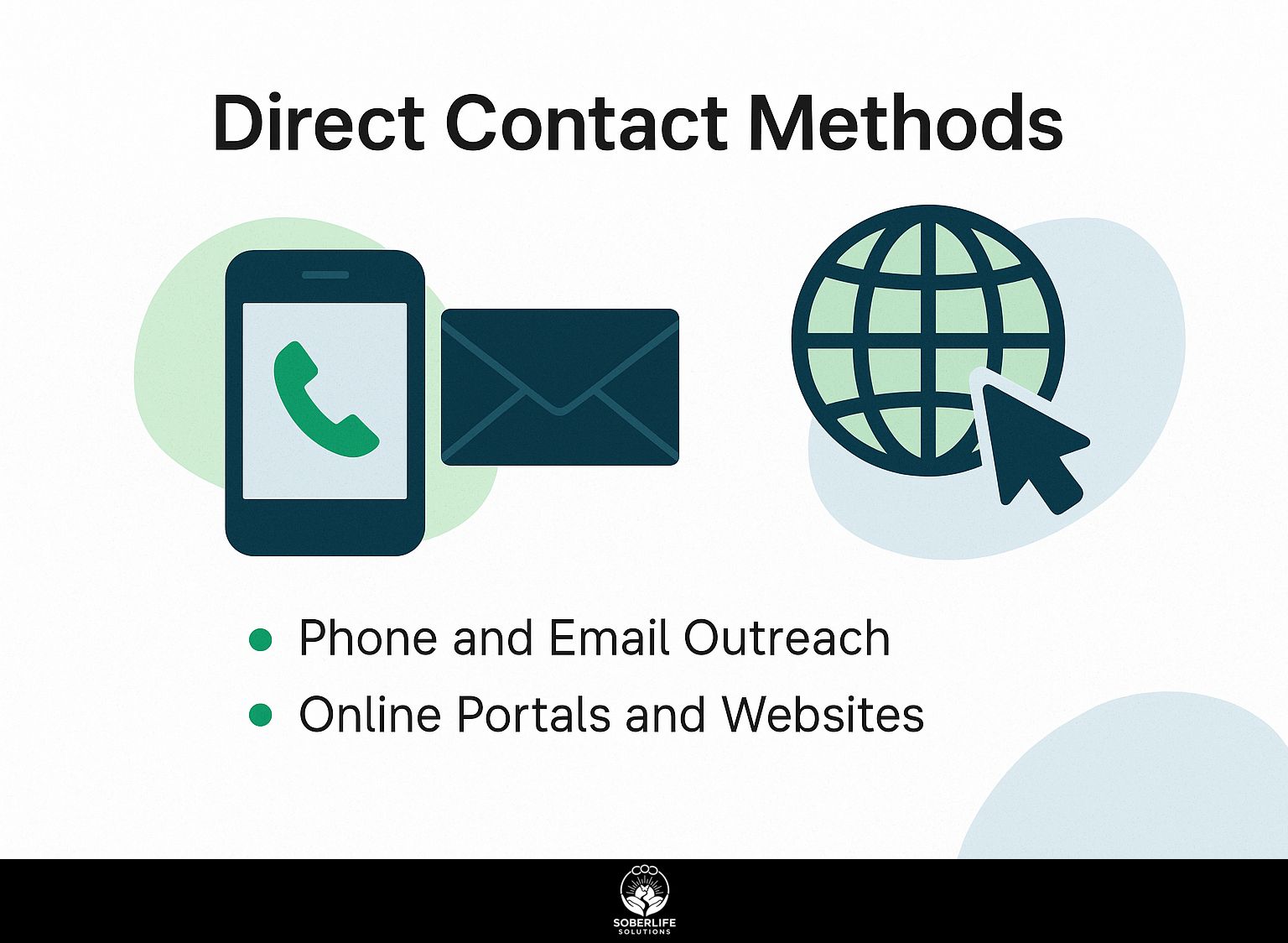
Direct contact with DBHIDS ensures quick access to services, with phone lines handling 50,000 calls yearly and response times under 3 minutes for emergencies.
Phone and Email Outreach
Phone outreach via the Philadelphia Crisis Line at 215-685-6440 or 988 provides immediate suicide intervention, connecting callers to services in under 60 seconds.
Follow this numbered guide for support:
- For emergencies, dial 988 (national standard, 24/7, no wait per FCC data).
- Member services at 888-545-2600 for addictions/recovery queries (Mon-Fri 8am-5pm, follow up email optional).
- General information emails to [email protected] (response in 48 hours).
- Media inquiries to Anthony McLaughlin (include press kit template).
Warn against common mistake: vague queries-advise specifics like ‘trauma services for youth’ for 90% faster replies, per DBHIDS efficiency studies.
Online Portals and Websites
DBHIDS’s online portal at dbhids.org offers 24/7 access to resources, with 100,000 monthly visits driving 40% of service enrollments.
To move through this well, follow these steps:
- Register on dbhids.org (5 minutes, email verification required).
- Use the resources tab to search and download PDFs like SAMHSA’s trauma-informed care guides.
- Check the news section for events coming soon, like the November community engagement webinar.
- Submit support forms for quick assistance (auto-response within 24 hours).
For example, users usually find details about the Porch Light Program, apply online, and join in a week. Google Analytics data shows 60% of visitors complete resource downloads in under 3 minutes, boosting engagement (DBHIDS 2023 report).
Partnership Opportunities
DBHIDS partnership opportunities, such as the Network Neighbors initiative, have collaborated with 200 local groups since 2010, enhancing community wellness for 50,000 residents.
These programs offer diverse entry points for organizations. Key partnership types include:
- Porch Light Program: Faith-based support; apply by contacting Katrina Pratt-Roebuck via the online form for 4-week approval.
- Engaging Males of Color: Youth mentoring with up to $10,000 grants; submit proposals through DBHIDS portal.
- Anti-Violence Partnership: Training sessions via collaboration with the Office of Violence Prevention; email [email protected] to start.
- Community Crisis Intervention: Joint events targeting 25% service uptake increase; apply via annual RFP cycle.
For ROI, a 2022 partnership with a local nonprofit boosted recovery rates by 15%, according to DBHIDS evaluation, demonstrating measurable community impact.
Volunteering and Engagement
Volunteering with DBHIDS, through programs like the Mural Arts Program (MAP), engages 5,000 volunteers yearly, fostering resilience and reducing community trauma by 20%.
To maximize your impact, follow these six best practices.
- First, complete a 2-hour orientation session quarterly via dbhids.org to align with program goals.
- Second, choose roles like peer support, training under Marquita C. Williams with a 10-hour monthly commitment.
- Third, join Turning Art into Inspiration, a MAP collaboration featuring 8-week creative projects.
- Fourth, participate in faith-based initiatives with weekly meetings-no experience needed.
- Fifth, staff bereavement support hotlines with a 4-hour minimum shift.
- Sixth, log hours for certificates to track contributions.
A 2023 DBHIDS volunteer survey reported 80% satisfaction rates; apply by month-end for the next cycle.
Funding and Grant Applications
DBHIDS funding via the Re-Cast Grant awarded $5 million in 2023 to 50 Philadelphia projects, prioritizing equity in violence prevention and crisis intervention. For context, HUD’s funding opportunities page explores the broader federal initiatives supporting community-based programs like Re-Cast.
To secure similar funding, organizations can apply through the Re-Cast program by following these actionable steps:
- Review eligibility on grants.dbhids.org. Grants offer $25,000-$100,000 for anti-violence initiatives, with quarterly deadlines (e.g., next in Q4 2024).
- Prepare proposal using the site’s 10-page template, including a detailed budget outline.
- Submit via portal electronically; confirmation arrives in 24 hours.
- Follow up with the provider services team 2 weeks after deadline.
- Success example: The 2022 Office of Domestic Violence grant funded mobile crisis units, serving 2,000 families and dropping recidivism by 35% (per DBHIDS report).
- Common pitfall: Incomplete budgets-download samples from the site to avoid rejection.
Frequently Asked Questions
How to Get in Touch with DBHIDS Behavioral Health Programs as Someone Looking for Help
If you need services from DBHIDS Behavioral Health Initiatives, go to their official website or call the main helpline at 215-686-4420. You can also reach out through their online portal to schedule an intake assessment, where you’ll discuss your needs and be connected to appropriate behavioral health programs like crisis intervention or outpatient care.
How to Connect with DBHIDS Behavioral Health Initiatives for Community Organizations?
If you’re a community organization looking to connect with DBHIDS Behavioral Health Initiatives, email [email protected] or attend one of their quarterly networking events listed on the DBHIDS calendar. This allows for collaboration on initiatives such as youth mental health programs or substance use prevention efforts.
How to Connect with DBHIDS Behavioral Health Initiatives During a Crisis?
In a crisis, connect with DBHIDS Behavioral Health Initiatives immediately by dialing the 24/7 crisis line at 215-686-HELP (4357). Trained responders will guide you to urgent behavioral health support, including mobile crisis teams that can provide on-site intervention and linkage to ongoing initiatives.
How to Connect with DBHIDS Behavioral Health Initiatives for Providers?
Behavioral health providers can connect with DBHIDS Behavioral Health Initiatives by registering through the Provider Network portal on the DBHIDS website. This grants access to funding opportunities, training webinars, and integration into city-wide initiatives focused on intellectual disability services and recovery support.
How to Connect with DBHIDS Behavioral Health Initiatives via Online Resources?
Go to dbhids.org to connect with DBHIDS Behavioral Health Initiatives online. In the “Get Help” section, fill out a referral form or join their virtual support groups. These resources cover a range of initiatives, from trauma-informed care to peer support networks, all accessible from anywhere in Philadelphia.
How to Connect with DBHIDS Behavioral Health Initiatives for Educational Purposes?
For educational or research purposes, connect with DBHIDS Behavioral Health Initiatives by contacting their Community Education team at [email protected]. They offer workshops, grant information, and data access related to behavioral health trends, helping you engage with initiatives aimed at public awareness and policy advocacy.

